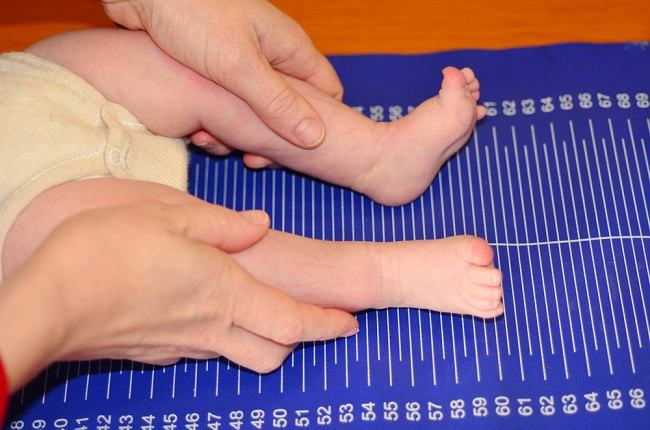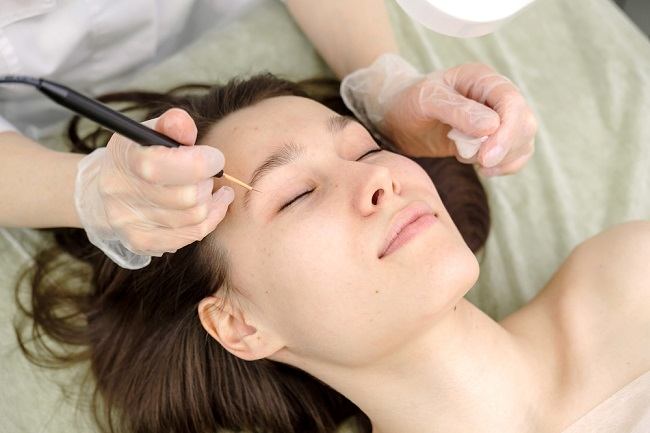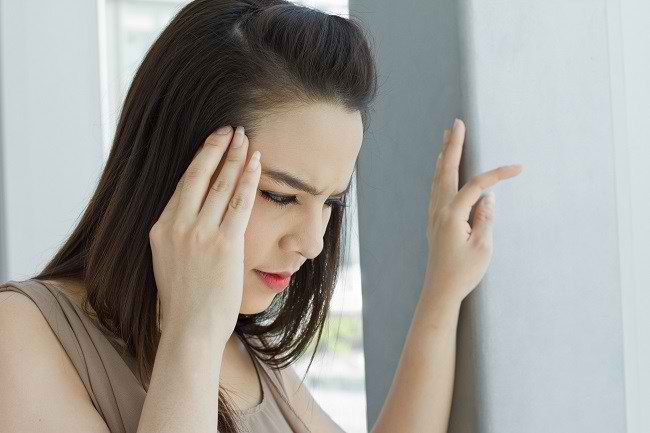Not many people realize that the eye is an organ that is prone to damage. One of the threats of eye damage that is often overlooked is exposure to UV rays. Therefore, it is important to protect the eyes to prevent diseases, ranging from cataracts to eye cancer.
Ultraviolet (UV) light is one of the main causes of radiation-induced injury to the human eye. Most of this radiation is absorbed by the cornea. Similar to skin damage from sunburn, this damage results from the accumulation of light radiation in the corneal epithelium.

Exposure to high-intensity UV rays, such as sunlight, halogen lamps, and lamps in photo studios can directly cause serious eye damage. Not only in high intensity, excessive daily exposure to UV radiation in the long term can also cause various eye disorders, and even increase the risk of cataracts and eye tumors, both benign and malignant (eye cancer).
What Happens to the Eyes When Looking at High Intensity Light
Long-term exposure to UV radiation can cause retinal damage. For example, when looking directly at the sun with the naked eye. The damage to the retina caused is called solar retinopathy.
There is also another disorder called ultraviolet keratitis, which is a burn on the surface of the eye (cornea). The cornea protects the colored part called the iris of the eye and plays a role in protecting the structures inside the eye. Damage to the cornea can be characterized by symptoms such as watery eyes, blurred vision, red and painful eyes, and sensitivity to light. In addition to pain, damage to this part can cause visual disturbances to the point where the eye hurts when moving.
Examples of abnormalities on the surface of the eye include pterygium. Pterygium is a growth of a membrane on the white part of the eye (sclera), which can spread to the cornea. Therefore, protecting the eyes is a must. Without protection, there can be accumulation of damage to the eye which in turn increases a person's risk of developing these diseases.
The Importance of Protecting the Eyes
Wearing sunglasses is one of the easiest ways to protect your eyes from UV rays. In addition to the style of glasses that suit your face shape, make sure they have an ultraviolet radiation label.
In more detail, here are things you can do to protect your eyes when you're doing activities outside the home.
- Beware of particles of soil, sand, or dust that can get into your eyes.
- Chemicals in a variety of household products, from pest killers to plant sprays are irritating to the eyes. Immediately wash eyes with running water if your eyes come into contact with these substances. Can also use contact lens washing liquid.
- Wear eye and head protection for certain sports that pose a risk to the eyes, such as cycling, swimming, and golf. Foreign objects that enter the eye can irritate and even hurt the eye.
- Remove contact lenses when swimming. Wear swimming goggles to protect your eyes from chlorine and chlorine, especially if your eyes are sensitive.
- Not only heavy work, staring at a computer screen for too long while working can also cause eye problems, ranging from eye discomfort to headaches. Take a break every 20 minutes to lighten the load on your eyes. This can be done with simple things, like looking out the window.
- When reading and working, make sure your room has enough light. Also make sure you wear eye protection when working with welding equipment or cutting with a saw.
- To avoid the occurrence of solar retinopathy and other eye damage, it is advisable to avoid long-term sun exposure. Use sunglasses that block 100% of UV radiation as protection. Keep in mind that this advice is also worth following if you're dealing with other high-intensity light exposures.
Apart from doing things to protect your eyes, it's equally important to have your eyes checked by an ophthalmologist as soon as you feel anything unusual, such as changing vision or eye pain. Routine eye checks every year is an important step in maintaining eye health.









